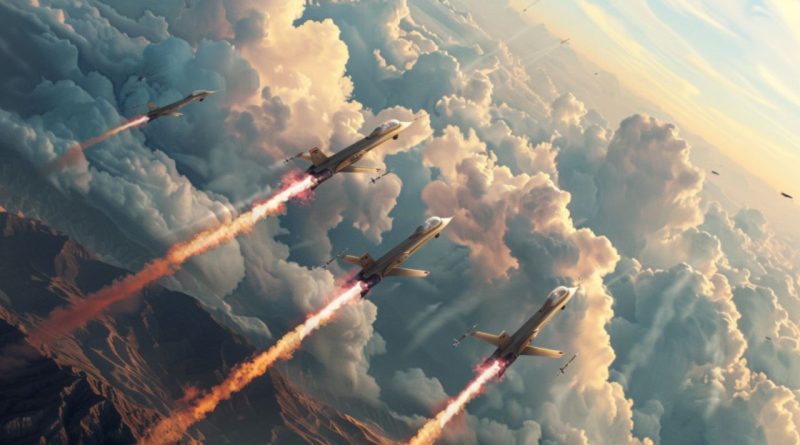
On a tragic day in the Golan Heights, Hezbollah launched a devastating rocket attack on a soccer field in the Druze town of Majdal Shams, killing 12 children and teenagers. This assault, one of the deadliest in recent memory, heightened tensions dramatically between Israel and Hezbollah, prompting swift and severe Israeli retaliation.
Israel’s Swift Response
The Beirut Airstrike
In retaliation, Israel targeted a senior Hezbollah commander in Beirut, near the group’s decision-making Shura Council. While the identity of the casualties remains unconfirmed, the strike signifies a bold move by Israel to directly confront Hezbollah’s leadership. Israeli Defense Minister Yoav Gallant declared on social media that Hezbollah had “crossed the red line”.
Continued Hostilities
Hezbollah’s response was immediate and fierce, launching over 200 rockets and drones into northern Israel, resulting in further casualties and escalating the conflict. Israeli Prime Minister Benjamin Netanyahu vowed a severe response to Hezbollah’s actions, indicating a potential for prolonged and intense military exchanges.
Regional and International Reactions
Lebanon’s Fragile State
Lebanon, already mired in economic and political crises, now faces the additional strain of potential military conflict. Lebanese officials have received assurances from international diplomats that responses would be limited to prevent a full-scale war. However, the situation remains highly volatile, with civilians in constant fear of further escalation.
International Diplomatic Efforts
The international community, including the United States and France, has called for restraint and is actively working to mediate between the parties to prevent further violence. The United Nations and other global actors are urging both sides to avoid actions that could spiral into a broader conflict.
Impact on Civilian Populations
Israeli and Lebanese Casualties
The violence has already claimed numerous lives on both sides. In Israel, the attacks have killed soldiers and civilians, including those in the Golan Heights. In Lebanon, the ongoing Israeli strikes have resulted in significant casualties, with both fighters and civilians among the dead. The Lebanese public remains gripped by anxiety, fearing further escalation and its dire consequences.
The Humanitarian Toll
The conflict has exacerbated the humanitarian crisis in the region, with displaced populations in both Israel and Lebanon. International aid organizations are on high alert, preparing for potential large-scale humanitarian interventions if the situation worsens.
Conclusion: Navigating a Path to Peace
The latest developments between Israel and Hezbollah highlight the fragile nature of peace in the Middle East. As both sides brace for potential further retaliation, the need for diplomatic solutions becomes ever more urgent. The international community must intensify efforts to mediate and prevent a full-scale war, focusing on de-escalation and long-term stability in the region.
This unfolding situation demands careful monitoring and a concerted effort by all parties to prioritize dialogue over conflict, recognizing the profound human cost of continued violence.
